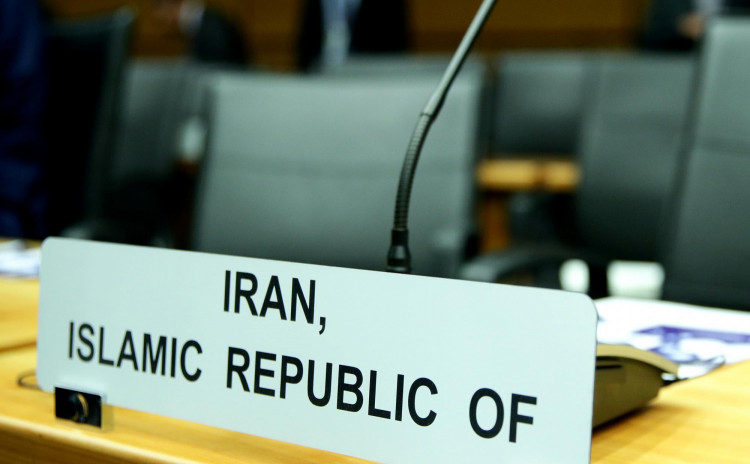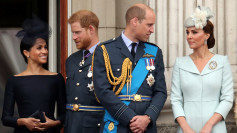The United Nations Security Council is setting the stage for a critical vote on a U.S. plan to expand a weapons embargo on Iran, a move analysts say will not succeed and even hamper progress for a nuclear agreement between the Islamic Republic and world powers.
Six Arab countries are urging the UN to extend the embargo, supporting Washington in discord that could nullify the 2015 nuclear agreement. The group of Gulf Arab states are divided by internal disputes and backed an extension of the UN embargo, which is set to expire in two months.
The UN vote will be a major test for the Trump administration's policy on Iran. Trump and his team of advisers have threatened to petition for snapback sanctions if the resolution fails, a scenario that some diplomats say can happen.
Supporters of the nuclear deal fear Washington's snapback penalty, if it happens, will kill the deal. A last-minute attempt by Germany, France, and the UK to arrange a compromise deal with China and Russia on an extending a weapons embargo looked futile so far, analysts said.
Beijing and Moscow, Tehran's staunch supporters, have long expressed their enmity for America's policy. China and Russia are seen to shoot down the planned embargo extension, which was set to end when the 2015 Iran nuclear deal came into effect.
Iran junked the Gulf bloc's stance, as Iranian Foreign Ministry representative Seyed Abbas Mousavi criticized the Arab nations as "the mouthpiece" of anti-Iran forces.
Saudi Arabia, for its part, sees Iran far more suspiciously, claiming the Islamic state has lobbied dissent among Shiite populations in the country.
Meanwhile, whether Washington initiating a snapback move ultimately puts the proverbial final nail on the coffin on the nuclear deal will depend on how Tehran responds, Barbara Slavin, chief of Future of Iran Initiative, said.






